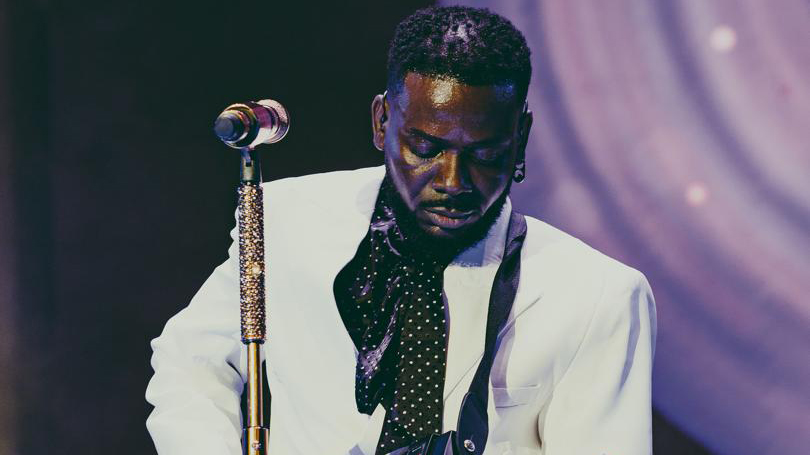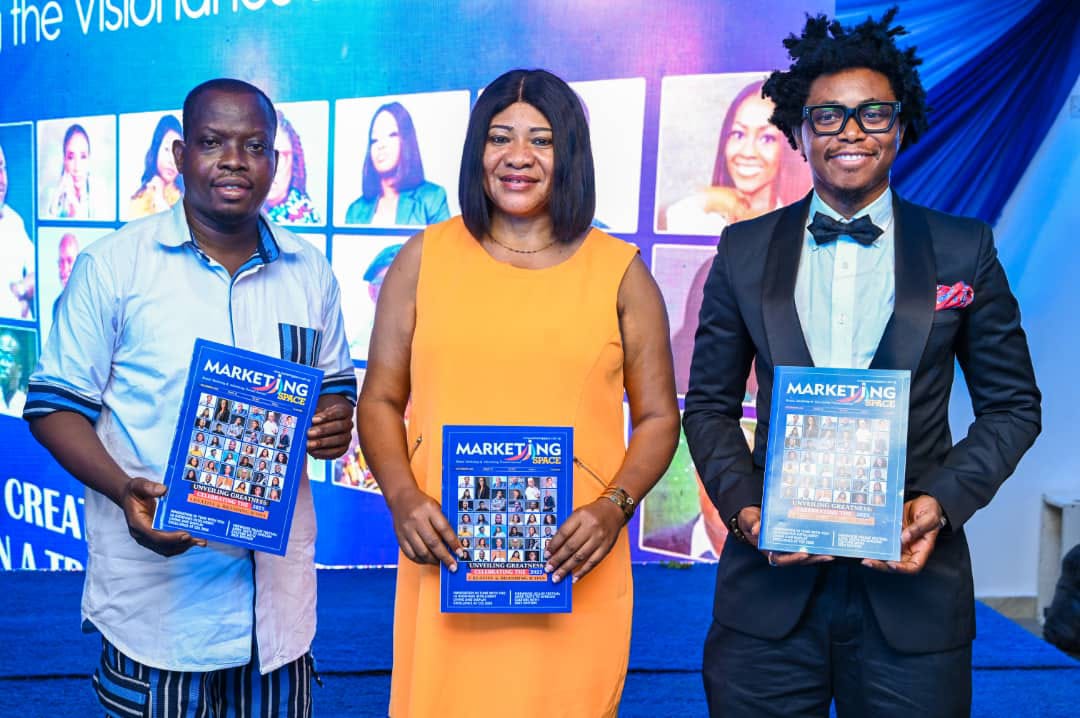
Following the physical, psychological, moral and emotional injuries journalists encounter due to exposure to traumatic events in the course of their career, communication scholars have unanimously stressed the need for trauma literacy to be included in journalism curricula.
The scholars spoke at a roundtable on ‘Embedding Trauma Literacy in Journalism Training in Africa: The Road Map,’ held both virtually as well as live at the Nigerian Institute of Journalism (NIJ), Ogba, last week in commemoration of this year’s Press Freedom Day.
The event was organised by Journalism Education and Trauma Research Group (JETREG) Sub-Sahara Africa Research Hub.
Participants at the workshop insisted journalism educators have critical role to play in providing safe spaces for journalists to talk about work related trauma and prepare young journalists to be aware of the problem and provide coping mechanisms.
They cited the South African photographer, Kevin Carter, who, during the war in Sudan, took the picture of a girl on the ground from hunger, while a vulture lurked on the ground nearby.
In 1994, the image won him the Pulitzer Prize for Feature Photography, but committed suicide later. Carter’s suicide note reads: “I am haunted by the vivid memories of killings and corpses and anger and pain … of starving or wounded children, of trigger-happy madmen, often police, of killer executioners.”
In his keynote address, Prof. Ola Ogunyemi of the University of Lincoln, United Kingdom, observed that there is a paucity of scholarly literature on how to effectively teach trauma informed literacy and prepare students to acquire the skills and coping mechanisms with psychological and emotional challenges during their career.
With over 250 members, he said JETREG was established at the University of Lincoln with the primary objective of introducing trauma literacy in the curricula.
He disclosed, “we have submitted a concept note to UNESCO on trauma journalism in the global south. The regional research hubs have been organising seminars and symposia on the inclusion of trauma literacy in their region.”
In the long term, he added that JETREG is working on a proposal for grant to develop learning tools to promote trauma literacy among journalism students while incorporating Theater Arts, simulation and virtual reality. He said, “we are also proposing innovative teaching strategies.”
Other objectives, he explained, include, sharing insights and learning from the trauma awareness survey of journalism educators and attitudes to the inclusion of resilience training in journalism education, sharing insights and learning from previous studies on journalism and trauma – where there are evidence of trauma and why, using the insights to design a module in trauma literacy/resilience training in journalism education; offer opportunities through research seminars, symposia and conferences to discuss and consider options and solutions that promote resilience training in journalism education; connect a community of journalism educators, practising journalists and media organisations, both nationally and internationally, that can aid and support each other to build resilience among journalists.
International Press Centre (IPC) Executive Director, Lanre Arogundade said journalists needed to be trained on managing trauma and must be supported. He said there is need to report trauma journalists’ face such as psychological and emotional.
He disclosed that IPC would soon launch two documentaries which highlight interviews with journalists and other media professionals who were victims of brutal press freedom violations during the 2020 COVID-19 pandemic induced lockdown and the #ENDSARS protests.
He revealed that public presentation of the documentaries would be followed by a round table discussion on protection for journalists during national crises or emergencies.
He stated that panelists and participants would include media practitioners, media organisations, media professional bodies and associations, press freedom organisations, media and digital rights organisations, security bodies, government representatives, lawyers, judiciary representatives, human rights activists and human rights organisations.
In her perspective, Deputy Vice Chancellor, Federal University of Agriculture (FUNAAB), Abeokuta, Prof. Bolanle Akeredolu-Ale observed that journalists are looked at as if they were not made from this world and have resilience to taking stressors that come their ways.
She argued that trauma literacy and citizens’ journalism should also be considered since there are so many unfiltered stories all around.
She suggested that trauma literacy should be made compulsory in schools, stressing that support groups that could help if journalists find themselves in unpleasant situation could be provided. She also said journalists must open up and learn to speak to themselves on traumatic issues.
She suggested trauma informed skills, trauma responsive skills and trauma sensitive skills could be included in the innovative teaching and learning materials.
Prof. of Mass Communication, Lagos State University (LASU), Lai Oso, categorised trauma as physical, structural and cultural. He said trauma could be physical like rape, structural such as, poverty and cultural, like gender discrimination.
He advised that when journalists report trauma, there is need to interrogate consequence of what is reported. He said news is an event but trauma is a process. He said an unpaid journalist could be traumatic and lose his humanity.
He expressed concern on how some TV journalists subject their interviewees to traumatic experiences through questions they ask. He advised that journalists should not play the role of a judge; rather, they must be sensitive to other people’s feelings. He also said employment after retirement should be discussed.
General Manager/ Editor-in-Chief, Vanguard Newspapers, Gbenga Adefaye, also agreed that there is need to teach trauma literacy in schools. He shared his experience when he worked with Prof. Tonie Iredia at the Nigerian Television Authority (NTA) Benin in the 80s.
Adefaye said he was asked to cover the execution of armed robbers at an army barrack and he said he is yet to forgot such traumatic experience. He added that journalists need additional skills to cope with the demands of today’s work.
Adefaye, who is also the Provost of NIJ, noted that there is need to raise journalists that are content producers and would start their own newspaper business after leaving school instead of looking for jobs.
Executive Secretary, Broadcasting Organisation of Nigeria (BON), Dr. Yemisi Bamgbose, also agreed on need to develop curriculum on the burnout of journalists.
While identifying challenges facing media practitioners to include, meager salary, workload, deadline, ownership interference and discrimination, Bamgbose noted that journalism is one of the most stressful jobs.
President of the Journalists International Forum for Migration (JIFORM), Dr. Ajibola Abayomi, also stressed the need for improved welfare and job security for journalists. He said there is need to engage practicing journalists in the trauma literacy conversation. He added that JIFROM look forward to working with NIJ and NUJ on trauma literacy.
He disclosed that JIFORM is leading advocacy against irregular migration, human trafficking and crises leading to internal displacement of citizens across the world
The event was moderated by Associate Professor, Dele Odunlami, of the Olabisi Onabanjo University, Ago-Iwoye Ogun State and former Chairman of the Nigeria Union of Journalists (NUJ), Lagos Chapter, Dr. Qasim Akinreti.






